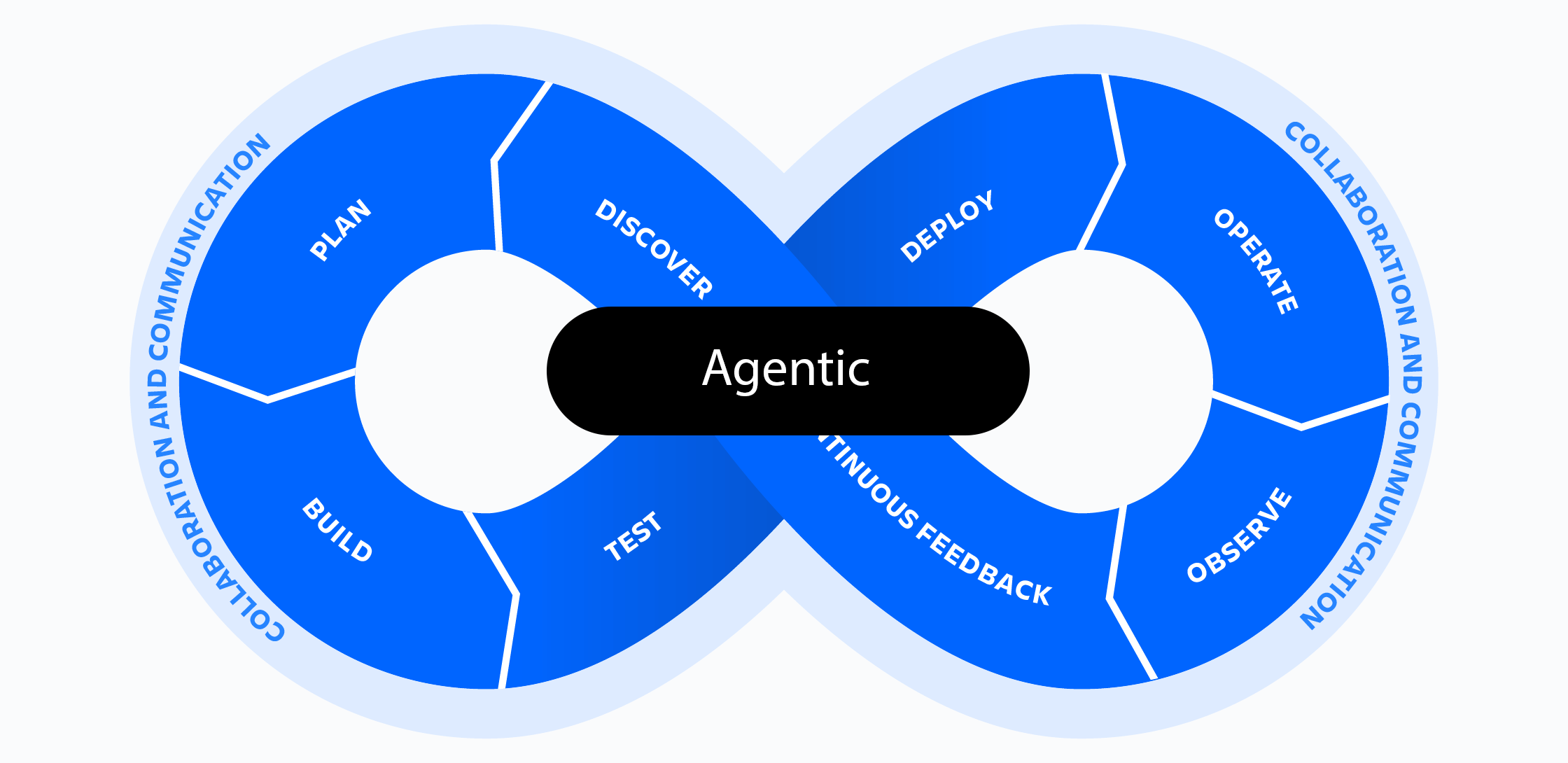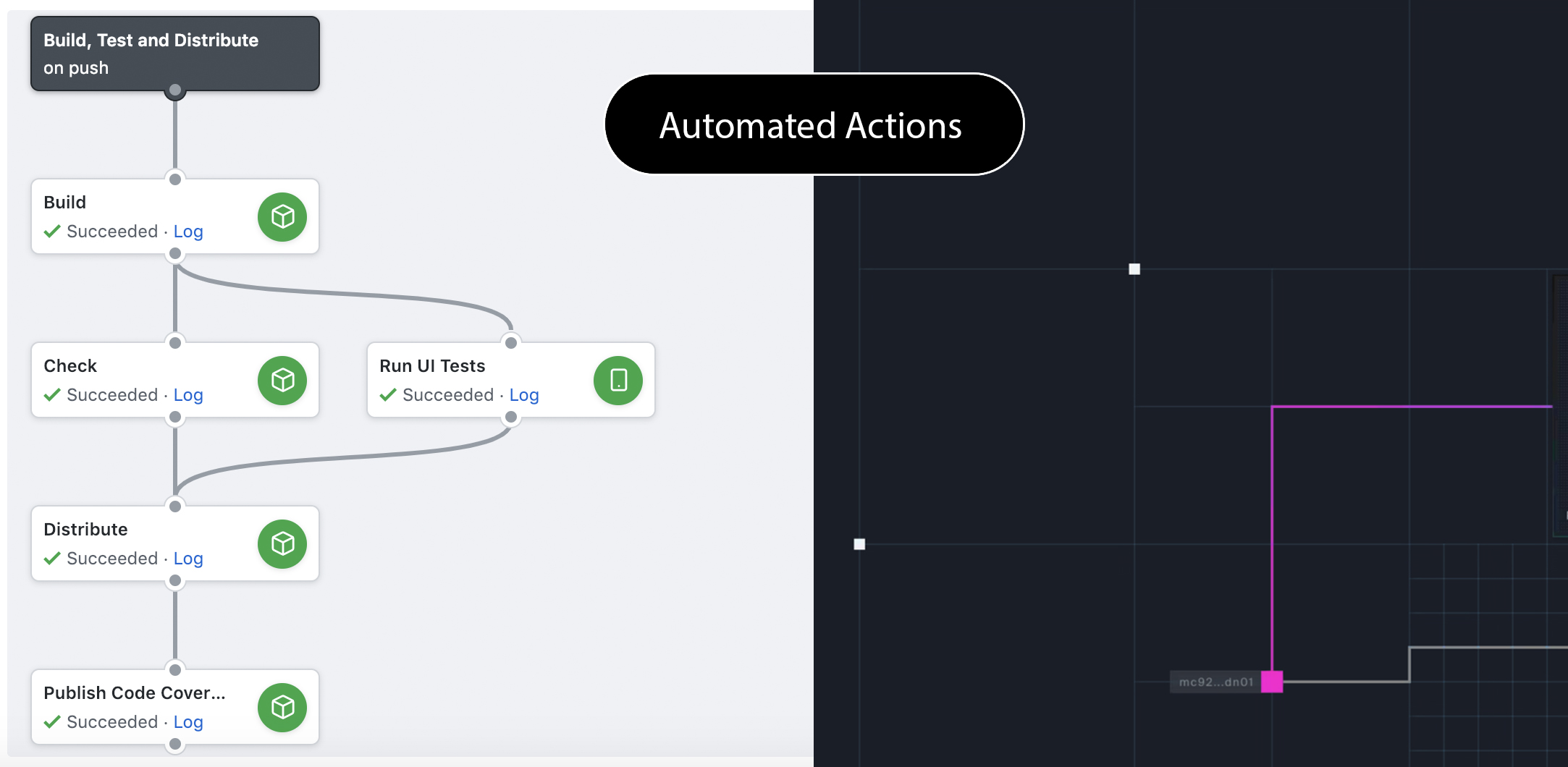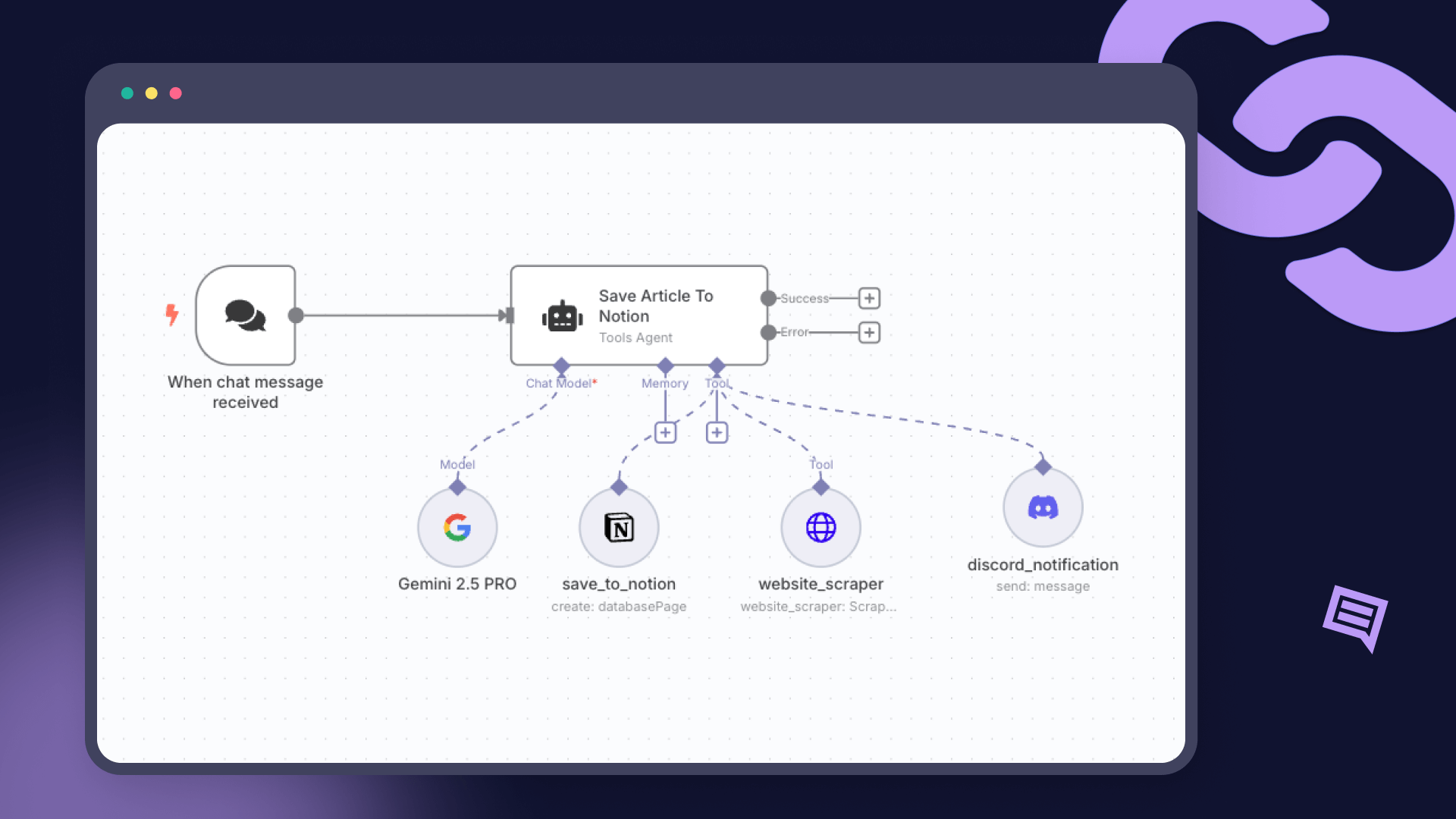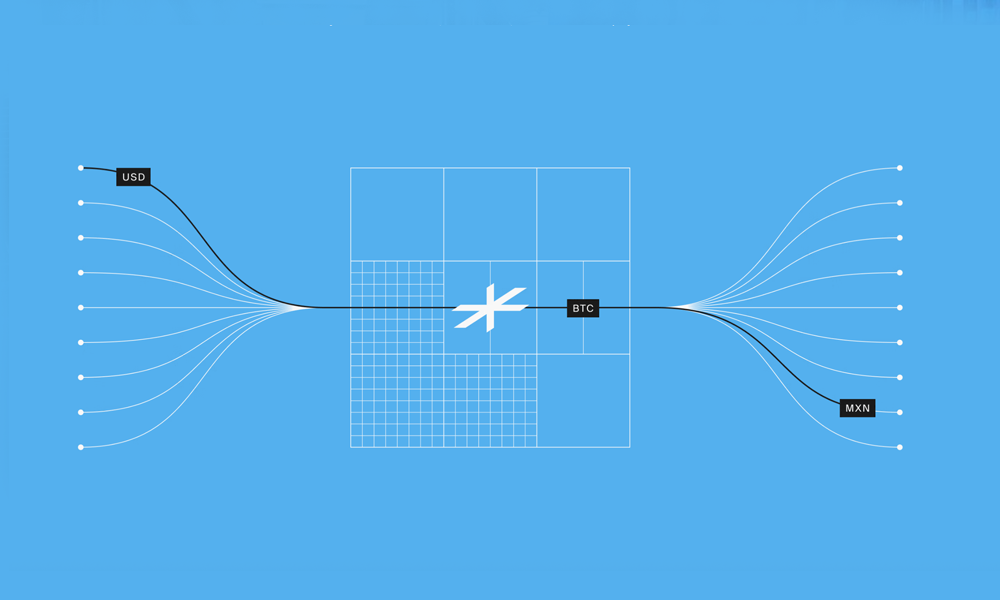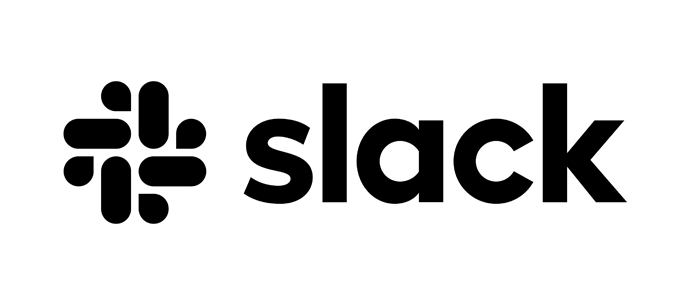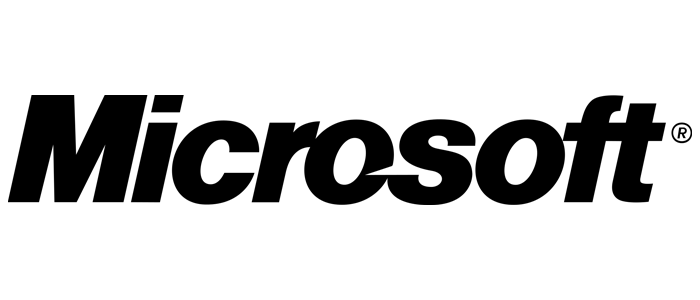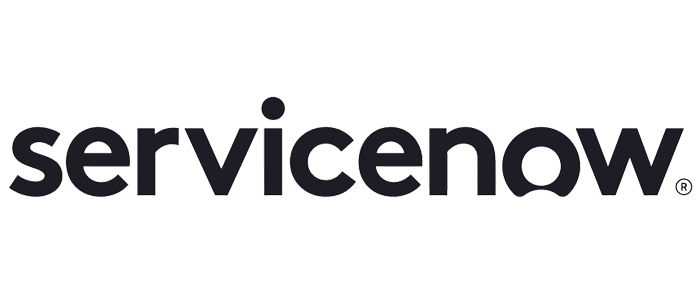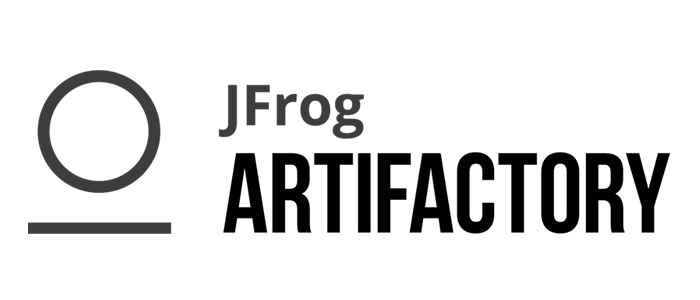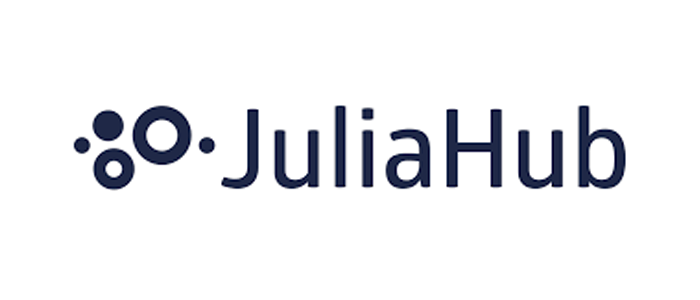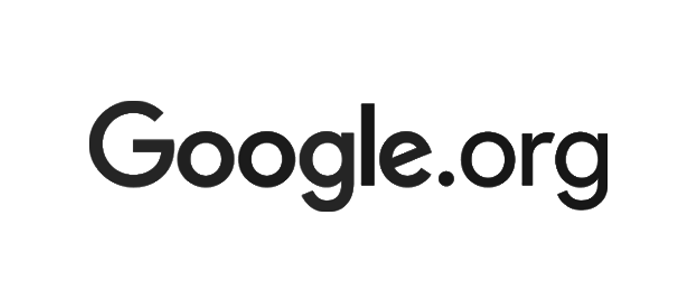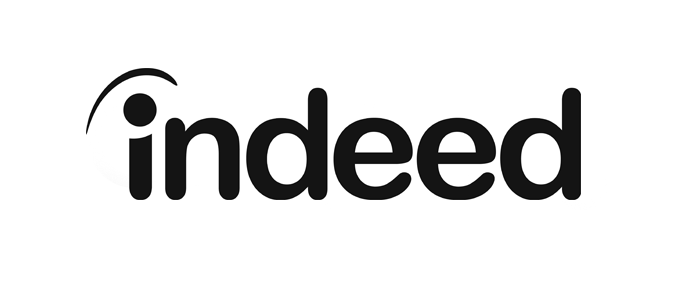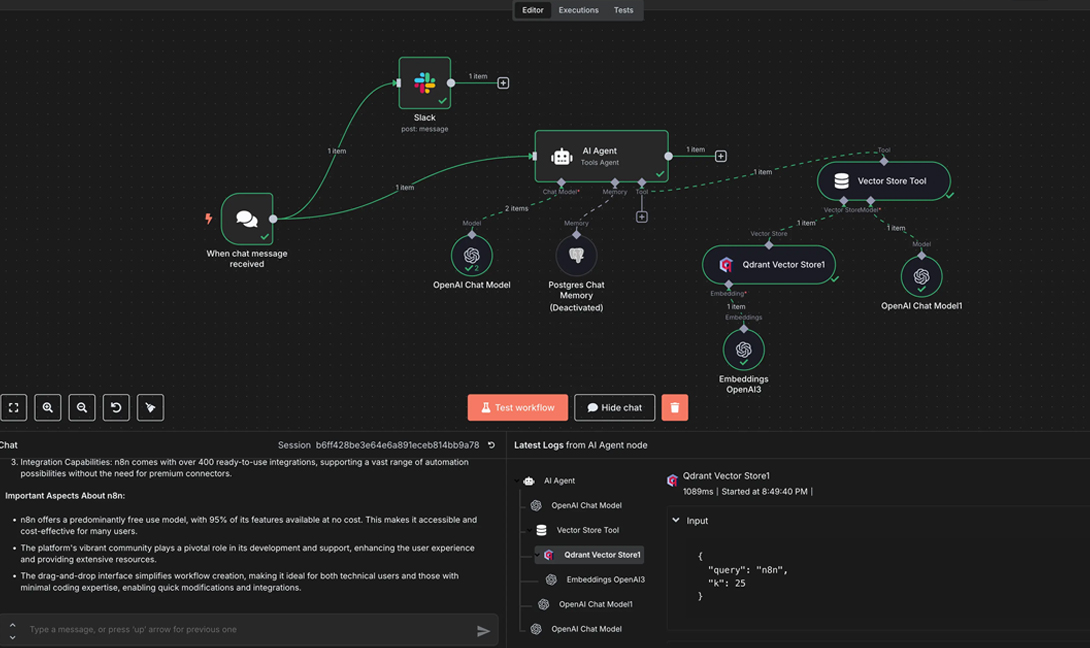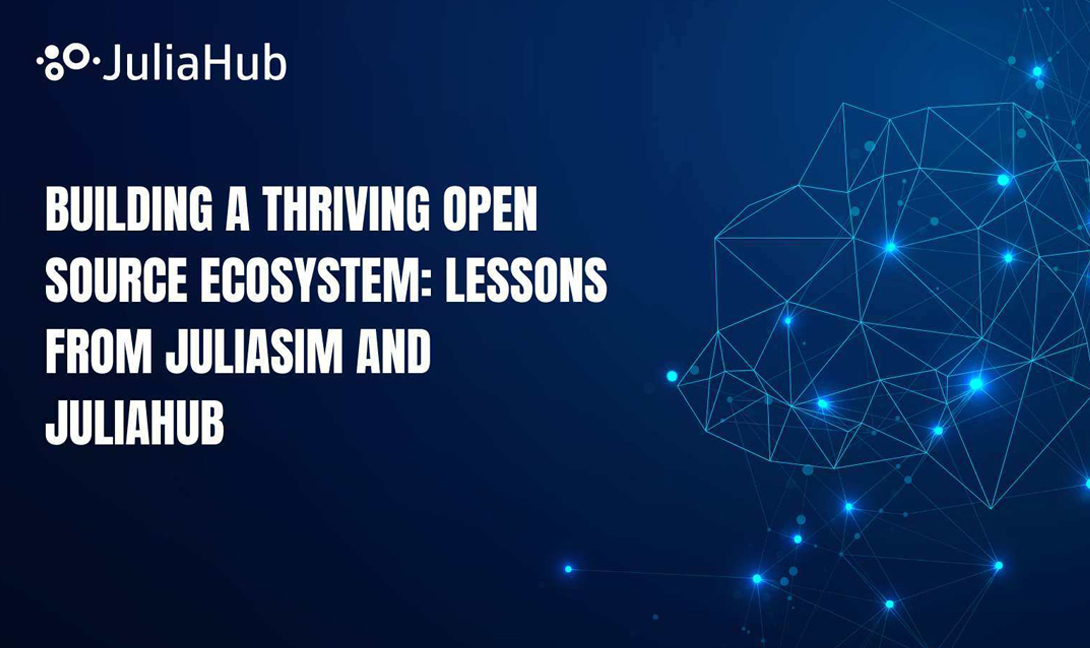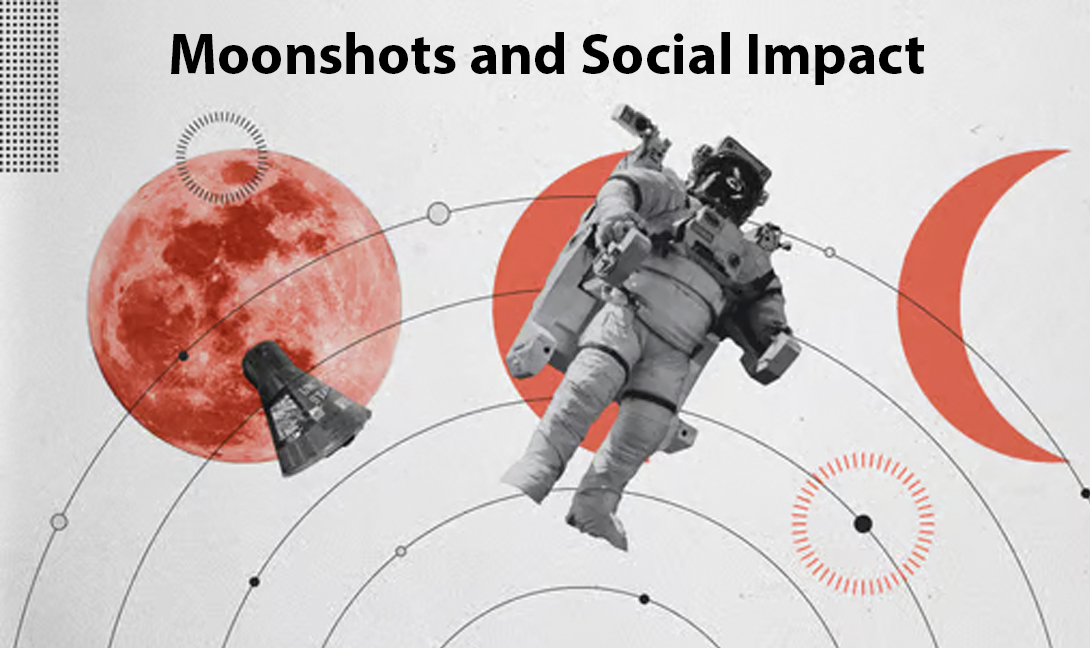My Mission
To master the art of building digital workflows that help people complete complex engineering and organizational tasks. I combine my analytical skills with user-centric product design thinking to develop interfaces that allow humans and machines to work together to build a globally abundant world. Today, the most exciting technologies combine machine language with pixel-perfection to provide platforms and services that allow professionals from many industries to accelerate production.
I love working with ambitious teams to design new technological innovations that help humans work with machines to solve complex problems. I've spent close to 15 years studying software developers, startups, and organizations that want to engineer the future. I love helping users understand how to best work with these tools and with each other at scale.User-Focused Product Direction
A product organization is a combination of function and feel. A great product is an experience that starts upon first contact with the brand's content and carries the user through documentation and tools so seemslessly they achieve results without breaking a sweat. The user thinks - "Wow, they just get me."
Dev-Ops Tools Creation and Workflow Orchestration
The beautiful thing about building tools today is the ease in which today's generations understand what it means to be digital-first. Cloud-first, browser-based, mobile-accessible, distributed. Today's tools are smart, LLM-integrated, allow for automation, and should include elements of monitoring and traceability.
Content-Led Thought Leadership
Video is a medium that can tell human stories faster and with more depth than traditional text. Videos can also help show the entire product experience in a holistic and natural way.
Let's create great content together.
